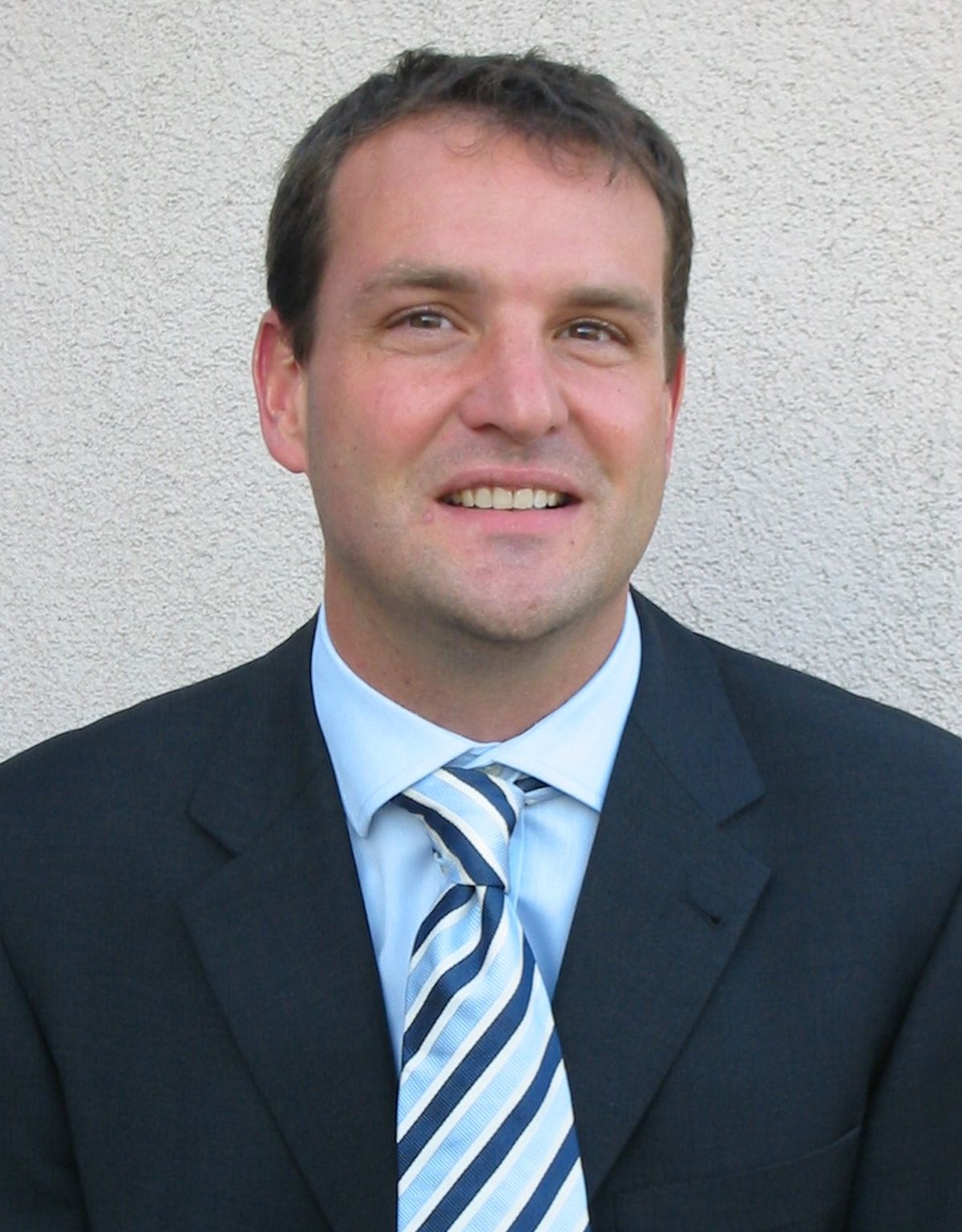
Deep-tech founders need to take the long view, and nobody knows this better than Grégoire Ribordy, CEO and co-founder of ID Quantique. The Geneva-based company is regarded as the world leader in quantum cryptography 18 years after its foundation. Mr Ribordy talked to Startupticker at the START Summit in St. Gallen.
Mr Ribordy, ID Quantique (IDQ) has not been a start-up for some time. What are you doing here at the START Summit in St. Gallen?
I was invited to speak about the influence of quantum computers and quantum cryptography and their future. Quantum physics is about to revolutionise our technological landscape. Data from companies, government organisations, and the financial industry can be protected in the long term only through quantum-proof encryption.
How do you explain to a layperson what quantum cryptography is?
Random numbers are used to encrypt data; which cannot be reproduced reliably due to their unpredictability. However, with traditional computers, deterministic algorithms do not allow true randomness to be generated. Hardware random number generators are the better solution since they rely on classical physics. We go one step further and produce random number generators based on quantum physics, which is fundamentally random. So our quantum random number generators (QRNG) generate true random numbers, are insensitive to environmental perturbations and allow live status checks. Quantum cryptography or quantum key distribution is a way to send these random numbers across an optical network, for example between two datacentres, and use quantum physics to detect eavesdropping – because interception causes perturbation.
You co-founded IDQ in 2001 – were you not ahead of your time?
IDQ was the first company in the world to develop a QRNG in 2001. We are now indeed considered the market leader in hardware random number generators, but at that time the market was definitely not ready for it. We had to explain a lot at the beginning; this has changed today.
How did you manage to prevent IDQ from becoming lost in the infamous Valley of Death?
For the first two to three years, we focused solely on generating revenue. In our case, that meant producing test & measurement equipment. We were also fortunate that we were a spin-off from the University of Geneva, which not only brought us credibility but also research contracts through the European Commission. In addition, the prize money from innovation awards has helped us a great deal; for example, victory in the WA de Vigier Award doubled our capital at that time. Only after our first financing round in 2003 were we able to concentrate on the development of our core product, the QRNG and quantum cryptography.
Do you have advice for other deep-tech founders?
The traditional VC thinking of ‘try and fail fast’ may make sense in some sectors, but it is out of place in the deep-tech field. Certain technologies – and markets – take time to develop and mature. Founders should be prepared to work towards long-term milestones. Deep-tech is a marathon, not a sprint.
Which sectors do your customers come from?
That varies. Currently, we are in the process of establishing ourselves in the telecommunications industry. For example, three years ago we installed the world’s smallest quantum random number generator with SK Telecom in South Korea, and we also received USD 65 million from SK Telecom in a financing round last April. Deutsche Telekom is another of our investors.
Why does the telecommunications sector need quantum cryptography?
We are on the threshold of the introduction of the 5G network. With 5G, the physical world is connected to the Internet of Things. Imagine a self-driving car being hacked – a cyber-attack on 5G networks could lead not only to data leaks but also to deaths. Quantum encryption will thus play a huge role in securing the 5G network.
What is the next step for IDQ? An IPO?
To return to the marathon analogy, an IPO is one of our long-term goals. However, we will go public only when a global market for quantum cryptography has established itself and we have positioned ourselves as the market leader. For example, the US market did not ‘wake up’ until two or three years ago, when the NSA announced a change in its strategy towards quantum cryptography. We see an enormous potential there.
(Picture: ZVG)






















































Please login or sign up to comment.
Commenting guidelines